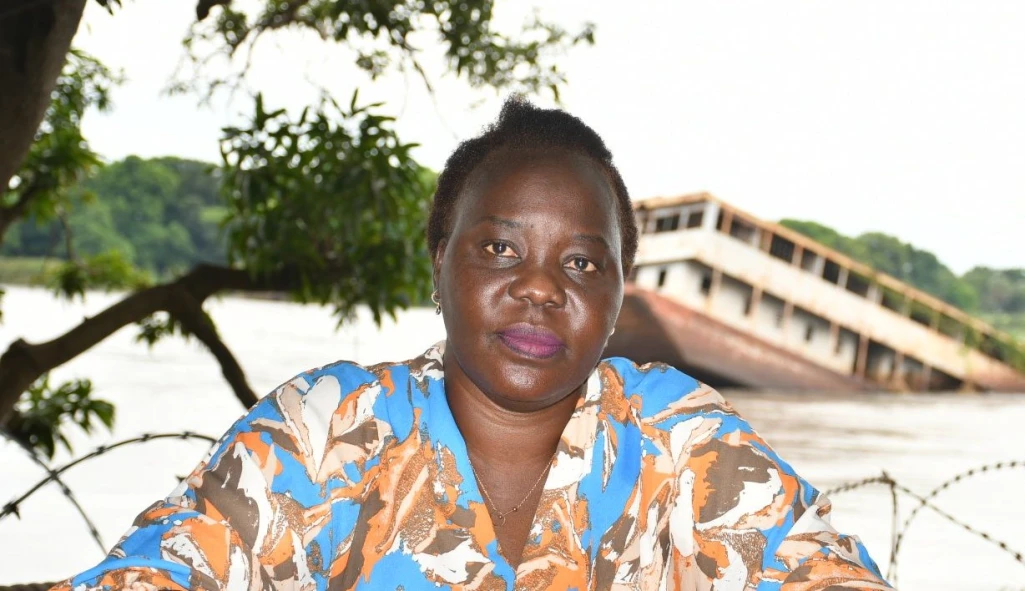
A civil society activist and a law practitioner has called for proper definition of the federal system of governance that South Sudan is using to separate powers between level of governance.
In an exclusive interview with The radio Community, Jackline Nasiwa – executive director of the Center for Inclusive Governance, Peace, and Justice – shed light on the complexities of South Sudan’s governance structure, asserting that what is often said to be decentralization is actually a unitary governance model.
“Our current system of governance is said to be a decentralized system but most of the power is retained at the national level,” Nasiwa states.
This observation prompts a critical examination of South Sudan’s governance dynamics, raising questions about the actual distribution of powers, finances, and resources.
Nasiwa emphasizes the importance of distinguishing between a truly decentralized system, where powers are devolved to local levels for autonomous management, and the existing reality where the national government influences all levels of governance.
“The Peace agreement talks about a federal system of governance and our constitution of 2011, as amended, also talks about a federal system of governance,” she acknowledges as she emphasizes the need to define the specific type of federal system required.
Reflecting on the 2005 interim constitution for Southern Sudan when Sudan and South Sudan was still one country, Nasiwa highlights the layers of government, ranging from the national government in Sudan to regional and local governments in Southern Sudan.
These levels had clearly separated the powers, with certain responsibilities exclusively held at the national level, such as foreign relations, national security, and natural resources.
“Federalism has no problems when we define these different powers at different levels. We just need to know who does what and define the administrative powers. What should be the roles of state governors, county authorities, and the national government,” Nasiwa underscores.
Nasiwa said this will enhance accountability at the local level. “Let the state have their leaders accountable to them,” she asserts.
This involves empowering local citizens to question their leaders about resource management and service delivery, ensuring that governors are answerable to the people they serve.
Nasiwa advocates for proper definition of system of governance, separation of powers as South Sudan embarks on drafting the permanent constitution.